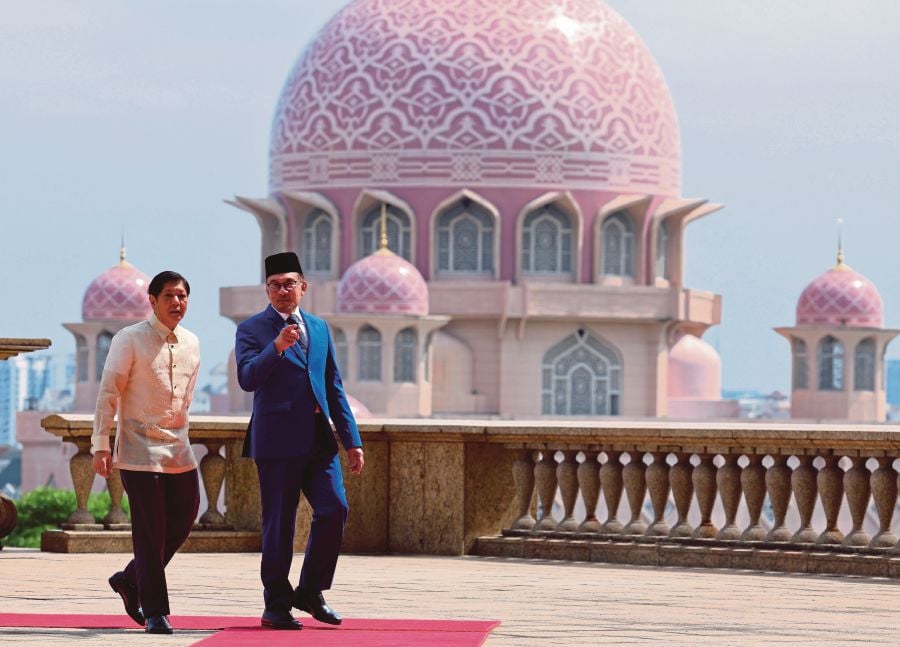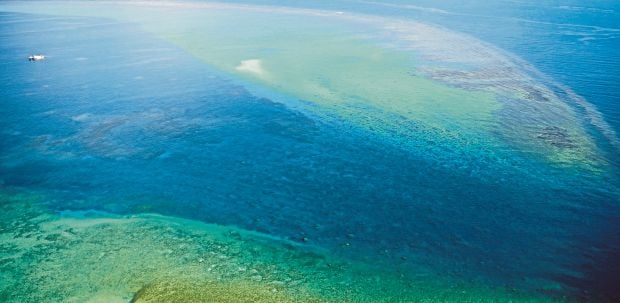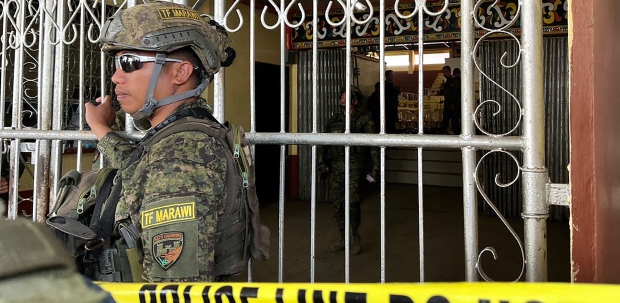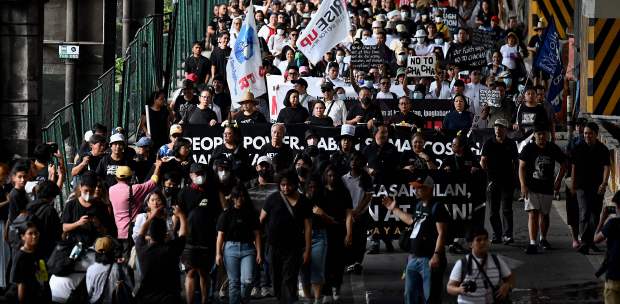The surest sign that our regional diplomacy has "normalised" after a rather chaotic few years is the state visit by Philippine President Ferdinand Marcos Jr this week.
Remarkably, Prime Minister Datuk Seri Anwar Ibrahim has visited all Asean countries (except for Myanmar) even before one full year in office, including a visit to Manila in March.
That certainly paved the way for Marcos' return visit, his third trip of the Asean circuit (after those to Jakarta and Singapore) in his first full year in office.
The second Marcos in the Philippines' highest office did not follow in the footsteps of his namesake father, who, at the second Asean summit in Kuala Lumpur in 1977, caused a diplomatic buzz by announcing he would drop the Philippine claim on Sabah and making a stopover in Kota Kinabalu on his way back to Manila.
Alas, the claim-dropping did not materialise and Malaysia-Philippine relations have occasionally been rocked by the unresolved Sabah claim ever since.
Official statements on the latest Marcos visit did not seem to indicate it was raised this time, although during the March Manila visit by Anwar, there was an agreement to continue talks at the foreign ministers' level.
This is probably diplomatic code for keeping the issue on the back burner, in the larger interest of advancing the multi-faceted bilateral relationship.
As a long-time observer of Philippine affairs and the Kuala Lumpur-Manila bilateral relationship, I have to agree that this is likely the most pragmatic course of action for both countries.
Why is this so? Mostly because I fail to see any possibility of any meeting of minds by both countries over the issue, much less on how to resolve it.
As the senior Marcos discovered upon his return from Malaysia in 1977, the Sabah claim can be a most volatile domestic political hot potato.
I do not see any Philippine leader wanting to risk political capital to marshal public and political support for dropping the claim anytime soon.
At best, they will want to let a sleeping dog lie, even if it occasionally wakes for a noisy bark or two. Territorial disputes are by nature highly emotive.
So, what is Malaysia to do if dropping the claim is a non-starter in the Philippines?
Reciprocate Philippine pragmatism with clear-eyed pragmatism of our own. After all, exercising actual sovereignty over Sabah is already more than half the battle won.
Time is, therefore, on our side if there is no official challenge on the ground to continued Malaysian sovereignty.
In fact, official Philippine forbearance over the claim must be recognised and appreciated.
Manila did not lift a finger in the face of the antics of those claiming to be the Sulu sultanate's heirs, such as the arbitration in Europe or the 2013 Lahad Datu armed intrusion.
Philippine officialdom stuck scrupulously to the clear distinction between the proprietary claim of the defunct Sulu sultanate and the sovereignty claim that only Manila as the successor sovereign power can exercise.
The logical and wise course of action for both Putrajaya and Manila is the one the prime minister and president have embarked upon: to not let our diplomatic, economic and even political relations be held hostage by the unresolved Sabah claim.
On our part, engaging with the Philippines and especially proving our sincerity in promoting the peace and prosperity of the Bangsamoro Autonomous Region of Muslim Mindanao, which we helped to midwife, may be the best solution, in hopes of stemming lingering animosities towards Malaysia.
And, with that, perhaps an official dropping of the Sabah claim sometime in the future may become politically palatable.
* The writer views developments in the nation, region and wider world from his vantage point in Kuching






